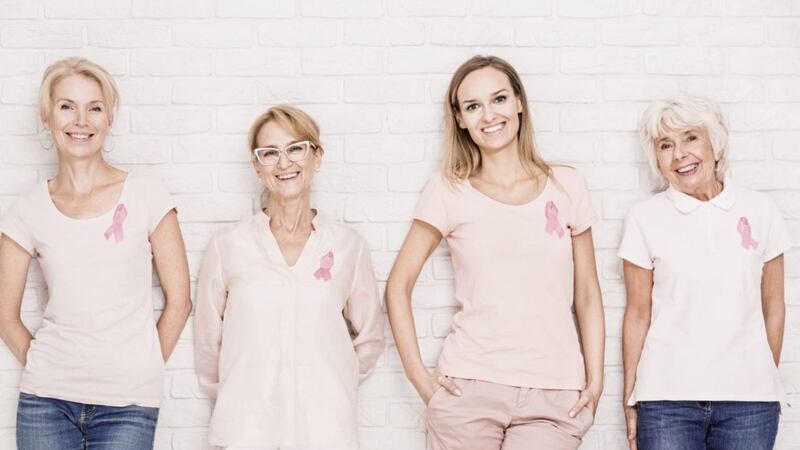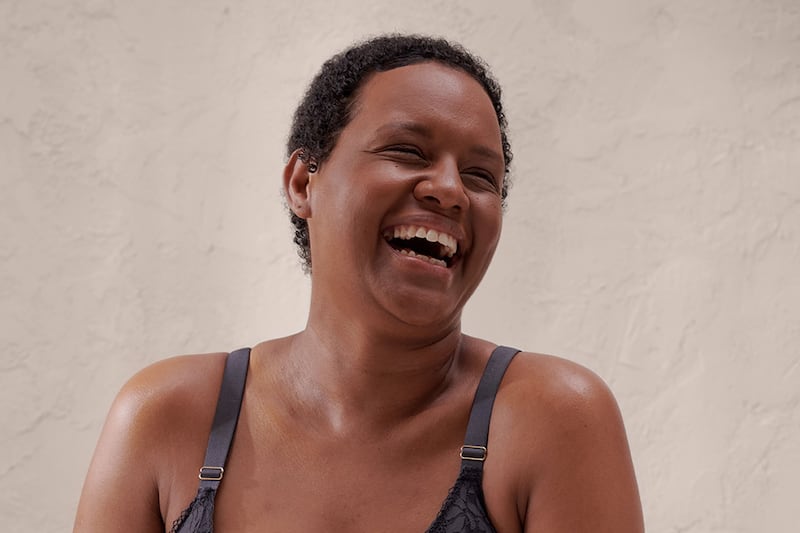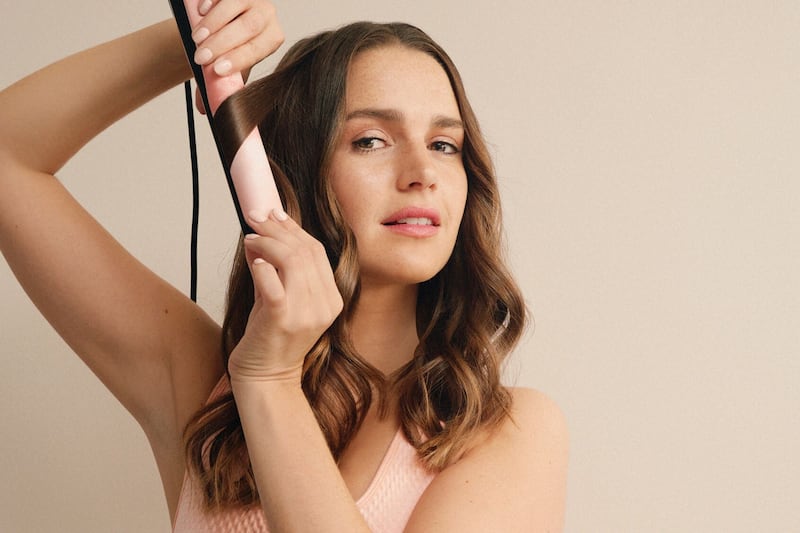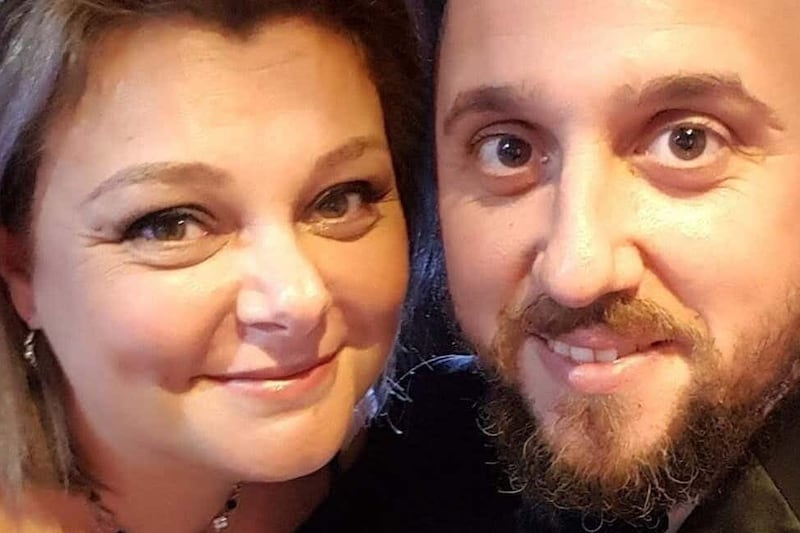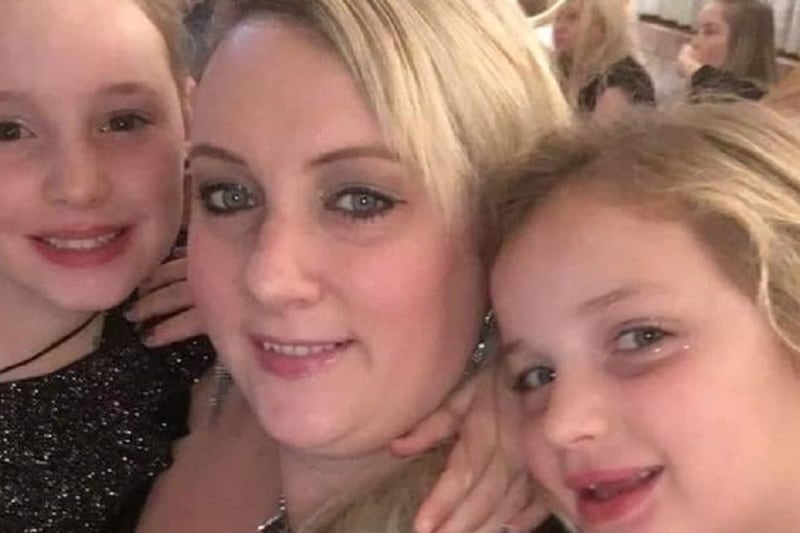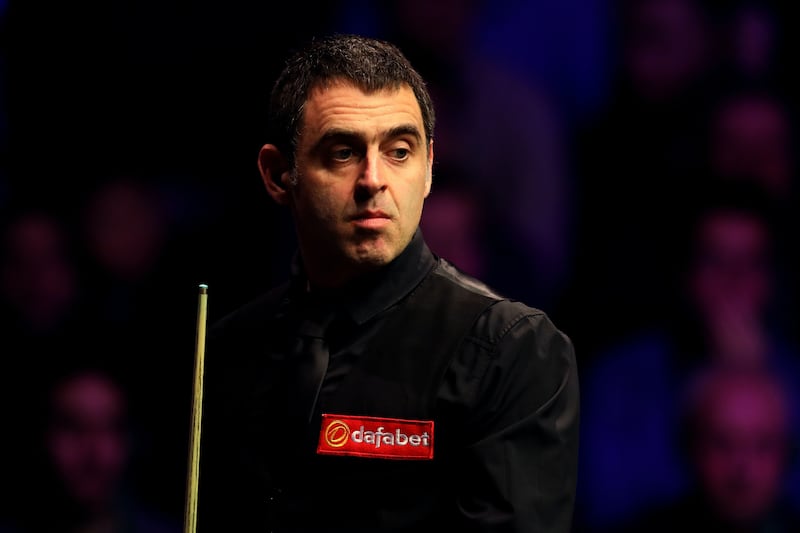SHOCK, disbelief and fear are just some of the emotions that might follow when a doctor tells you you've got breast cancer. It's something more than 55,000 women and around 350 men experience every year in the UK – regular people who often have little idea what the coming months or years of treatment may entail.
But just because they're usually on the other side of the consulting room, doctors aren't immune to the disease either – and one of them, breast cancer surgeon Dr Liz O'Riordan, who was diagnosed with breast cancer in 2015, is now on a mission to share her knowledge and insights with other patients.
She has teamed up with fellow doctor-turned-breast-cancer-patient Professor Trisha Greenhalgh, to write the new book, The Complete Guide To Breast Cancer (Vermilion, £14.99).
O'Riordan (43), who was also diagnosed with a local recurrence of her breast cancer in May (meaning cancer had returned), and Greenhalgh, a GP and Oxford academic who was also diagnosed with breast cancer in 2015 at age 56, have both had chemotherapy and mastectomies.
At the start of their book, they say: "The moment you find out that you have breast cancer, your life changes forever. Because we have both had breast cancer we know, broadly speaking, what you are going through right now."
Here are 10 things the pair think the one in eight women in Britain and Northern Ireland who develop breast cancer at some point in their life should know right from the start...
1. It's not your fault
You can't prevent breast cancer. There are some lifestyle factors, such as smoking, being overweight and binge-drinking after the menopause, that may play a role in increased risk, but slim teetotallers and healthy-living folk get breast cancer too. "The biggest reason women get breast cancer is simply because they are women who are getting older," says Greenhalgh. "Both are beyond your control. Stop feeling guilty – it's not your fault."
2. There are many new words to understand
There are several different types of breast cancers, depending on which bit of breast tissue the cancer grew in. Most cancers are 'ductal' because they grow in the milk ducts. There are other types, such as 'lobular' cancers which grow in the lobules (milk-producing glands) between the ducts.
Breast cancers are also described by the three hormones and chemicals they're sensitive to. The first is oestrogen, and your cancer will either be ER-positive or ER-negative (it's called ER because oestrogen is spelled 'estrogen' in America). The second is progesterone, another female sex hormone, and your cancer will either be PR-positive or PR-negative. The third is a protein that makes cells grow, called HER2, and your cancer will either be HER2-positive or HER2-negative. If your cancer isn't sensitive to any of these, it's called 'triple negative'.
3. Mastectomy isn't the only option
O'Riordan, who blogs about her experiences at liz.oriordan.co.uk, explains that the surgery you need depends on the size of your cancer, and the size of your breast. "Your surgeon can remove about a fifth of your breast tissue and leave you with a good cosmetic result. However, there are lots of techniques to help women with large tumours keep their breasts, such as a breast reduction, or using fat from your chest wall to fill in any gaps," she says.
4. It's OK to stay flat-chested
Anyone who needs a mastectomy should be offered a breast reconstruction, using either an implant or your own fat and muscle, says O'Riordan – but you don't have to go for it. "Some women, however, choose to stay flat-chested for lifestyle and personal reasons, and that's OK too," she stresses.
5. Not everyone needs chemotherapy
Only a third of women need chemotherapy, the authors point out. Most will have a simple lumpectomy, followed by a three-week course of radiotherapy. If your cancer is sensitive to oestrogen, you'll be given a tablet like tamoxifen or letrozole to lower the levels of oestrogen in your body as well. Although you'll feel tired after treatment, you may only need a few weeks off work.
6. Chemotherapy isn't fun, but you won't remember it
Both women admit: "Chemotherapy is the thing no-one wants, and we'll be honest, it's not fun. It takes five months in total, and you'll feel poorly."
However, they stress there are lots of things doctors can give you to help with side-effects, and there are also cookbooks and classes (such as Life Kitchen; search @LifeKitchen on Twitter) to help with eating when you lose your sense of taste. In addition, there are ways to try and help prevent hair-loss during chemo, like wearing a cold-cap during treatment which cools the blood flow to your scalp. Most women who try this keep most of their hair, they say, "and six months after you've finished treatment, we promise you won't remember how bad it was".
7. Breast cancer can come back
Around 30 per cent of women with breast cancer will get a recurrence in their lifetime says O'Riordan, who is currently dealing with this herself. This can happen even after 10-20 years, she notes, and it's important to know what the symptoms of recurrent breast cancer are. "Waiting to get the results of your yearly mammogram or any other test or scan is horrible – we call it 'scanxiety', and your family and friends may find it hard to understand what you're feeling," she says. "That's where social media and online forums can be a godsend, so you can talk to other cancer patients who can give you the support and friendship you need."
8. Exercise is important
There's lots of evidence to show exercise is good for cancer patients, says Greenhalgh. As well as reducing the risk of a recurrence, it helps with the side-effects of treatments like chemotherapy. Tablets like letrozole can cause osteoporosis, and weight-bearing exercise like walking and running can strengthen bones and help prevent it. And of course, exercise just helps you feel good, especially important when life gets tough.
9. You can get your sex life back
Breast cancer can have a devastating impact on your sex life, say the authors. You have to cope with an altered body image due to surgery and chemotherapy, and the menopause. There are things you can do to make sex more comfortable – talk to your GP for help.
10. You can't cure breast cancer with diet or supplements
There's no evidence to show cutting any single food out or taking supplements will have a major impact on whether your cancer recurs, says Greenhalgh. Try to eat a healthy, balanced diet most of the time (as being overweight can increase the risk of a recurrence, as well as the risk of getting heart disease). "However," she adds, "you've had cancer, and if you want to drink bubbly or eat cake every once in a while, don't feel guilty about indulging yourself!"
